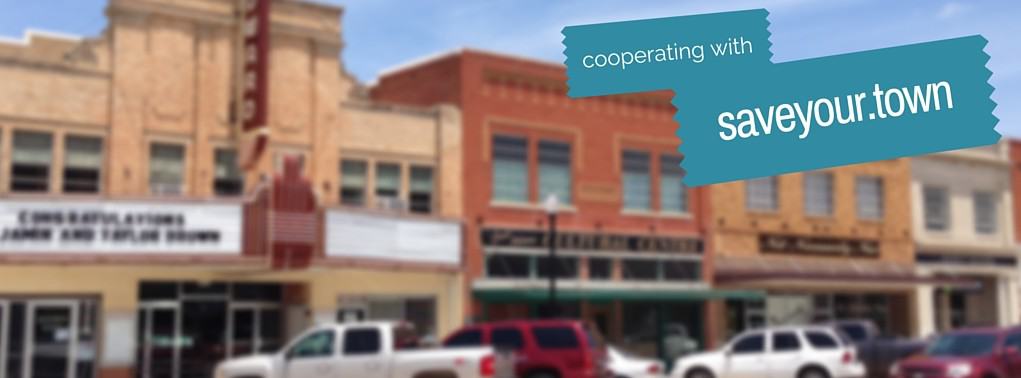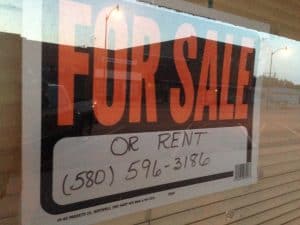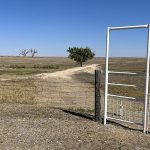Empty buildings in small towns are often empty for a reason, and that reason is often that they need work before any business could use them. Remodeling costs can be astonishingly expensive, so people often ask where they can find grants, loans or other funds to help them.
Here are some of my favorite “usual suspects” for finding funding to remodel or renovate old buildings in small towns in the US:
- USDA Rural Development has an often-changing list of programs that serve rural areas. The Community Facilitates funds are a good place to start. But don’t stop there. Keep digging for more leads. Talk to your state or regional staff about your plans. They’ll know more about what might apply. Get all the Rural Development info here.
- RURAL LISC (Local Initiatives Support Corporation) Community Facilities Fund provides loans “to help develop and improve essential community facilities in rural areas.” That includes health care centers, hospitals, educational facilities, and other nonprofit and public facilities in rural communities with populations under 20,000. Find out more with this info sheet (PDF).
- EPA Brownfields offers funding (some grants, some loans) to assess any potential environmental issues and start on cleanup. Check into this BEFORE transferring, selling or buying the property, because there is some legal protection if environmental issues are handled before you acquire the property. Check out the Brownfields program here.
Ask smart people
Next, ask other smart people for more leads and programs that could work for you. Here are some good sources of information in your state:
- State Main Street program
- State historical society
- State department of commerce, economic development or the equivalent in your state
- Statewide community foundations
- Building or construction contractors who work on historic projects
That last one, building contractors, is sorta sneaky. Contractors that have worked on other historic projects may know where the funding for those projects came from. You will have to ask around to find the right companies and then to find the people inside the companies who know, but they can be an excellent source of info.
Investigate special local funds
You’ll have to dig to find any local-only sources. Read the local news. Trawl through the back issues of the local paper at the library. Pay attention to council, board and organization agendas, minutes and meeting reports. Watch for any mentions of how projects got funded
- Local community foundations
- Local economic development boards, and funds that may offer incentives for new or expanding businesses
- Special tax set-asides designated for community or economic development
- Local utility companies
The special tax set-asides don’t exist in every county, but they can be amazingly well funded. For example, a commissioner from Cloud County, Kansas, told me they set aside part of the property taxes each year from a wind turbine farm to use for economic development.
Local utilities have a vested interest in growing their customer base, and many cooperatives offer loan funds for business expansions or startups. Check with all the utility providers in your area.
Who owns the building?
Some of these leads I’ve mentioned will work with for-profit businesses, some only with non-profit or public entities. It’s worth thinking about whether you need to own the building yourself, or if it may make sense to transfer ownership to the city, county, tribe, or a non-profit. Maybe it makes more sense with cooperative or community ownership. Don’t dismiss these options until you’ve looked into all the available sources in your area.
Share the costs with more investors
Consider whether you can rally a group of locals to invest together.
- Waynoka, Oklahoma, renovated buildings in their downtown using a nonprofit foundation, then sold the buildings
- Minneapolis residents remodeled buildings in small neighborhood business districts (which are a lot like small towns) using a cooperative as the ownership structure
Do you have any ideas?
I’d love to hear your own ideas for finding money. Leave your thoughts in the comments, or hit reply if you’re reading this in your email.
New to SmallBizSurvival.com? Take the Guided Tour. Like what you see? Get our updates.
- About the Author
- Latest by this Author
Becky started Small Biz Survival in 2006 to share rural business and community building stories and ideas with other small town business people. She and her husband have a small cattle ranch and are lifelong entrepreneurs. Becky is an international speaker on small business and rural topics.











